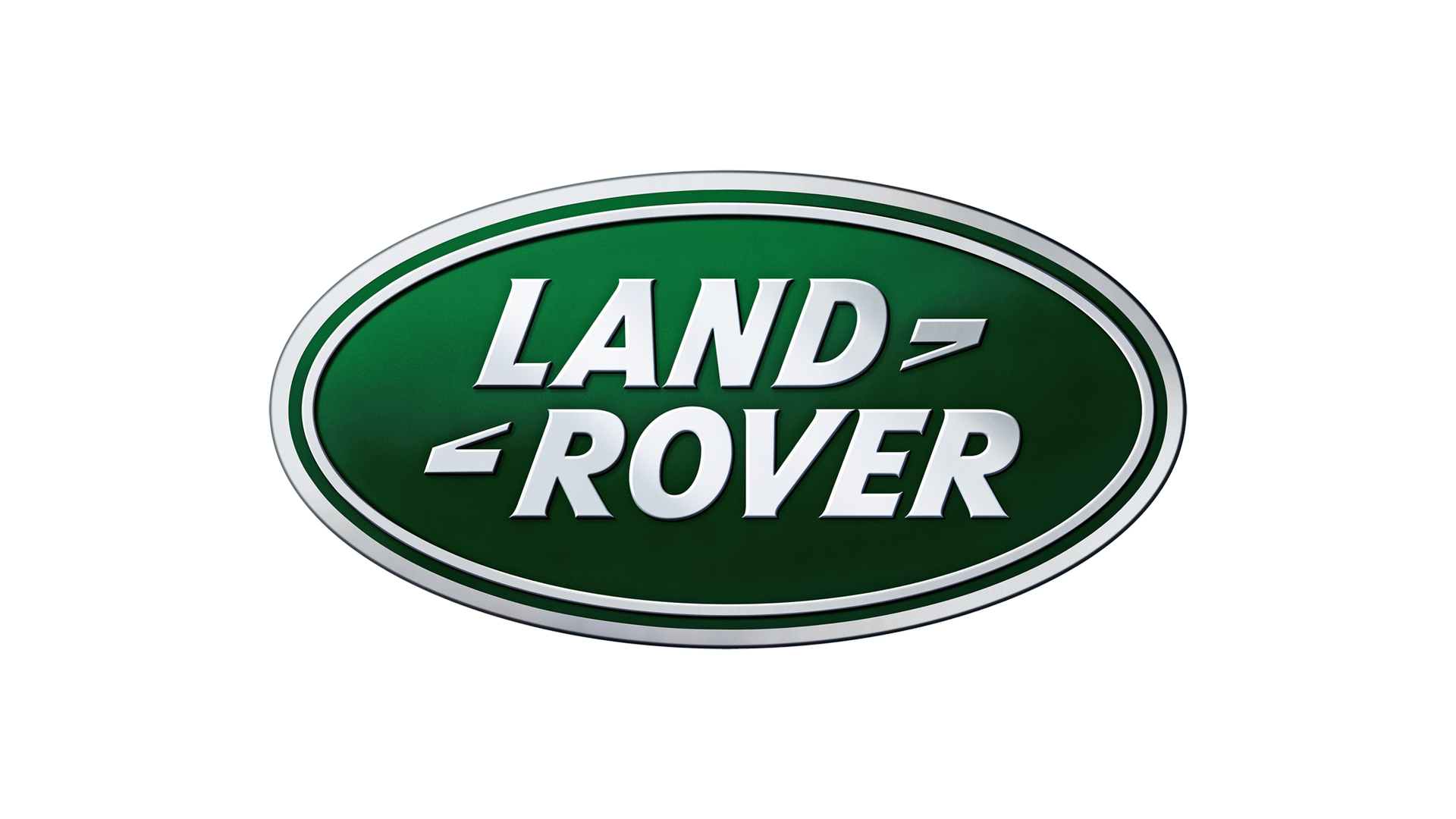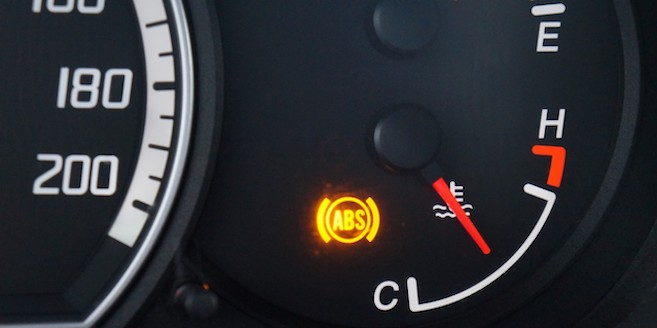Understanding ABS: Preventing Locked Wheels and Maintaining Control
Imagine you have to slam on the brakes quickly because of an emergency. Without an anti-lock braking system, regular car brakes can lock up the wheels, which makes it impossible to control the vehicle. This is known as "wheel lockup," and it has nasty consequences, such as:
You will have less ability to steer: wheels that are locked in place skid across the road, making it hard to steer the car and avoid potential dangers.
Increased stopping distance: Tyres that are skidding lose their grip, extending the time it takes for the vehicle to come to a complete stop. So, in short, ABS is there to keep the wheels from locking up.
How does ABS do its job?
The cool thing about ABS is that it can track and change the amount of pressure that is used to stop each wheel thanks to the following components:
Wheel speed sensors: These are put on each wheel and constantly check how fast it is turning. The ABS control unit gets information from the wheel speed sensors.
Hydraulic modulator: This part controls how much brake fluid pressure is sent to each wheel.
Should you need to stop very suddenly, this is what happens:
1. You slam on the brakes.
2. Wheel speed sensors detect a sudden reduction in speed.
3. If a sensor sees that a wheel is about to lock up, the ABS control unit steps in to prevent this, and the hydraulic modulator quickly lowers the brake pressure on the affected wheel to prevent a complete lock-up. This cycle of lowering and raising the pressure happens up to 20 times per second until the wheel regains traction, i.e., gets its grip back.
Essentially, ABS works like threshold braking or cadence braking, which is a driving move in which the driver presses and releases the brake pedal many times to keep the car's grip. But ABS automates this process with a lot more accuracy and speed for optimal control.
Benefits of Anti-Lock Brakes
The addition of ABS to modern vehicles has saved countless lives and many benefits, such as:
1. Better manoeuvrability when braking: ABS keeps the wheels from locking up, so drivers can keep control of the steering in an emergency. This can be very helpful for getting around obstacles or sudden dangers, like if you need to steer out of the way of oncoming traffic or a pedestrian, for example.
2. Reduced stopping time on slippery surfaces: ABS can help tyres keep their grip on loose gravel, snow, or wet roads, where traction is low. This could cut down on the time needed to stop.
3. Improved driver confidence: Knowing that you can effectively steer and control the car even when you're braking hard instills confidence and helps you to react more effectively in dangerous situations.
ABS Warning Lights and System Maintenance
In modern cars, there is an ABS warning light on the dashboard. If this light comes on, it means that something might be wrong with the ABS system. In these situations, it's important to get this important safety feature checked out and fixed right away by a qualified mechanic.
It is best to keep up with regular maintenance for your car, which includes the anti-lock braking system. It is very important to check your car's owner's manual for specific maintenance schedules.
CONCLUSION
ABS is an important part of modern car safety because it gives drivers more control and manoeuvrability when they need to stop quickly. By keeping traction and keeping wheels from locking up, ABS gives drivers the tools they need to act quickly and effectively in dangerous situations, which could prevent accidents and save lives.
































